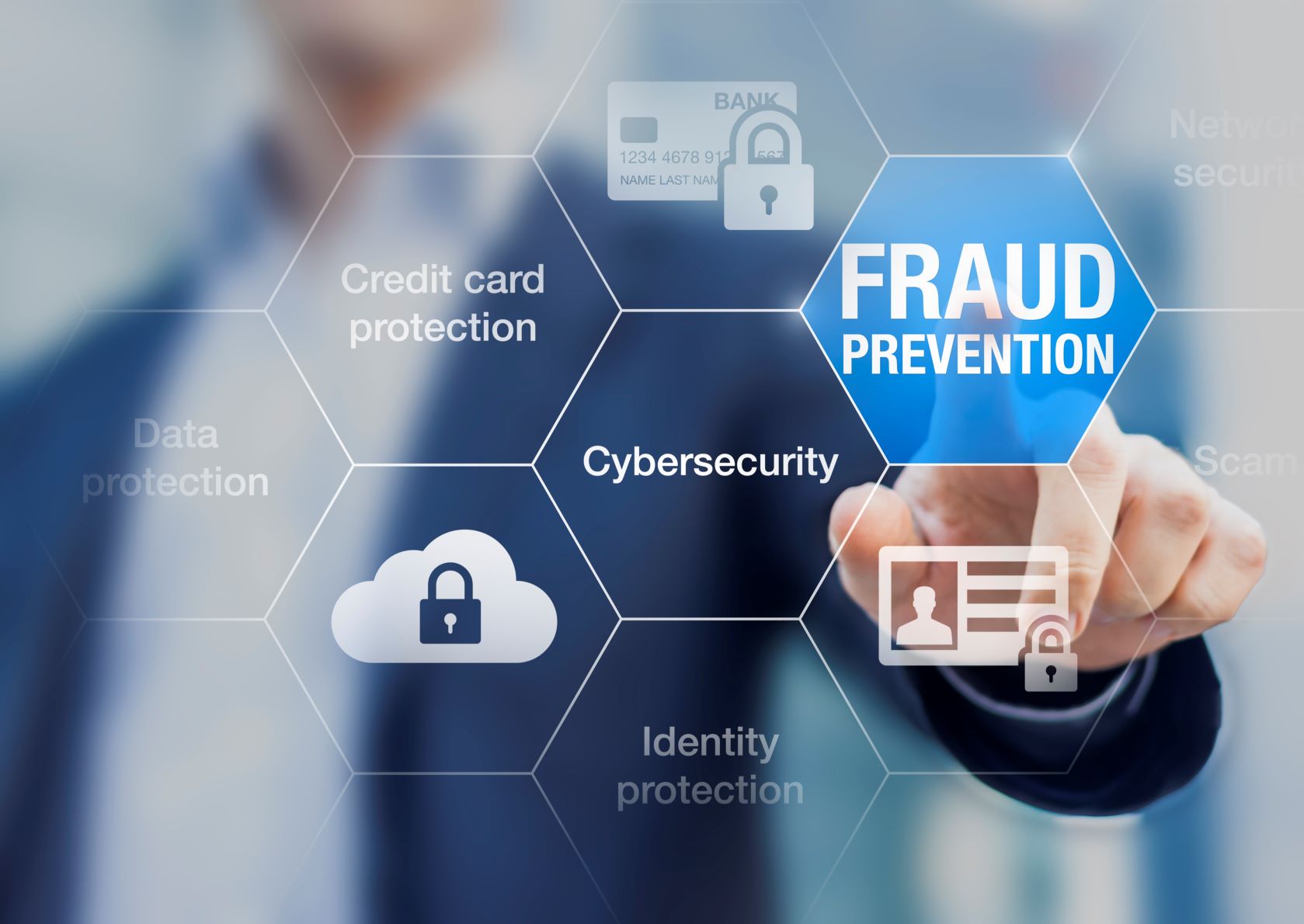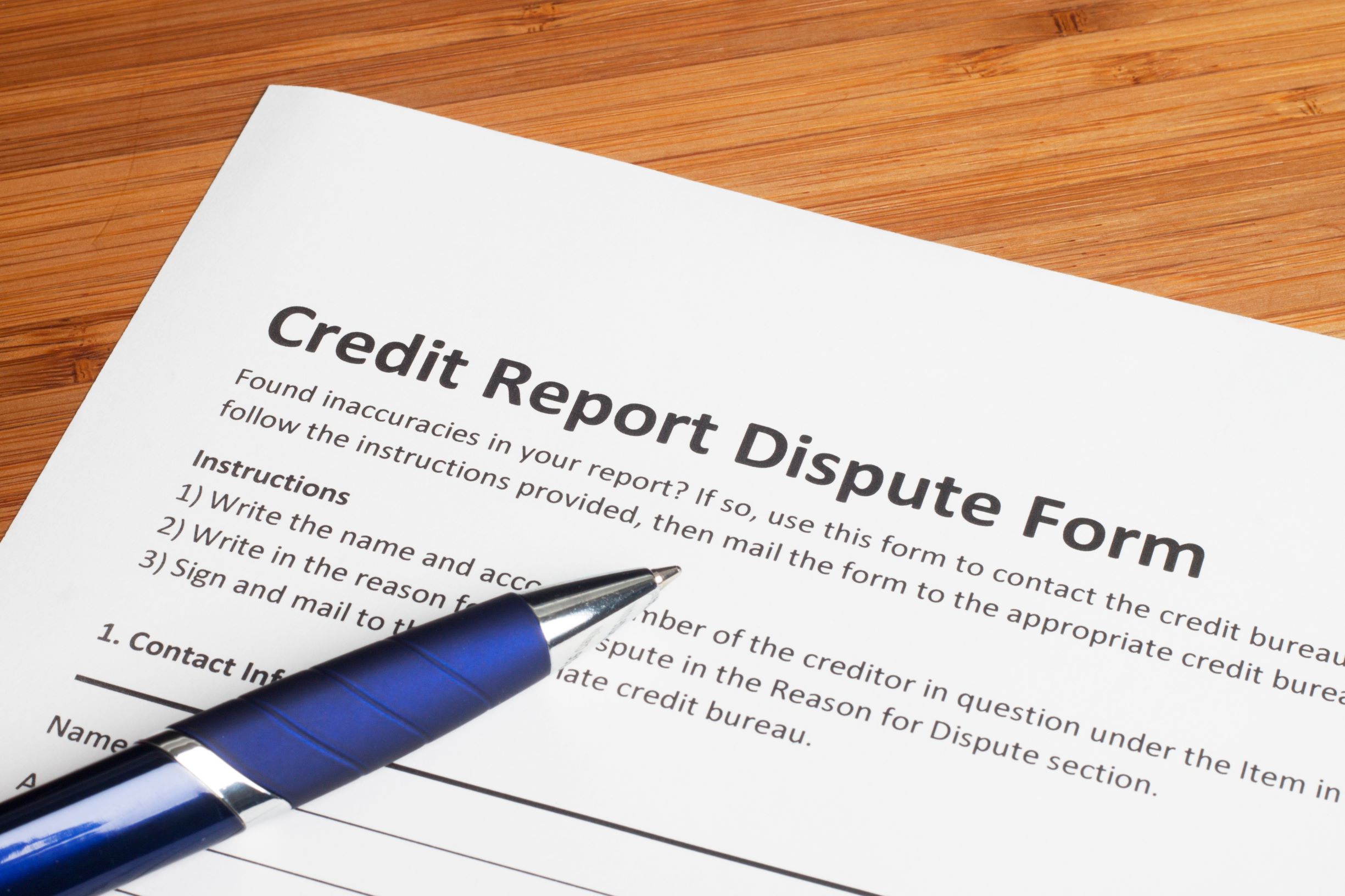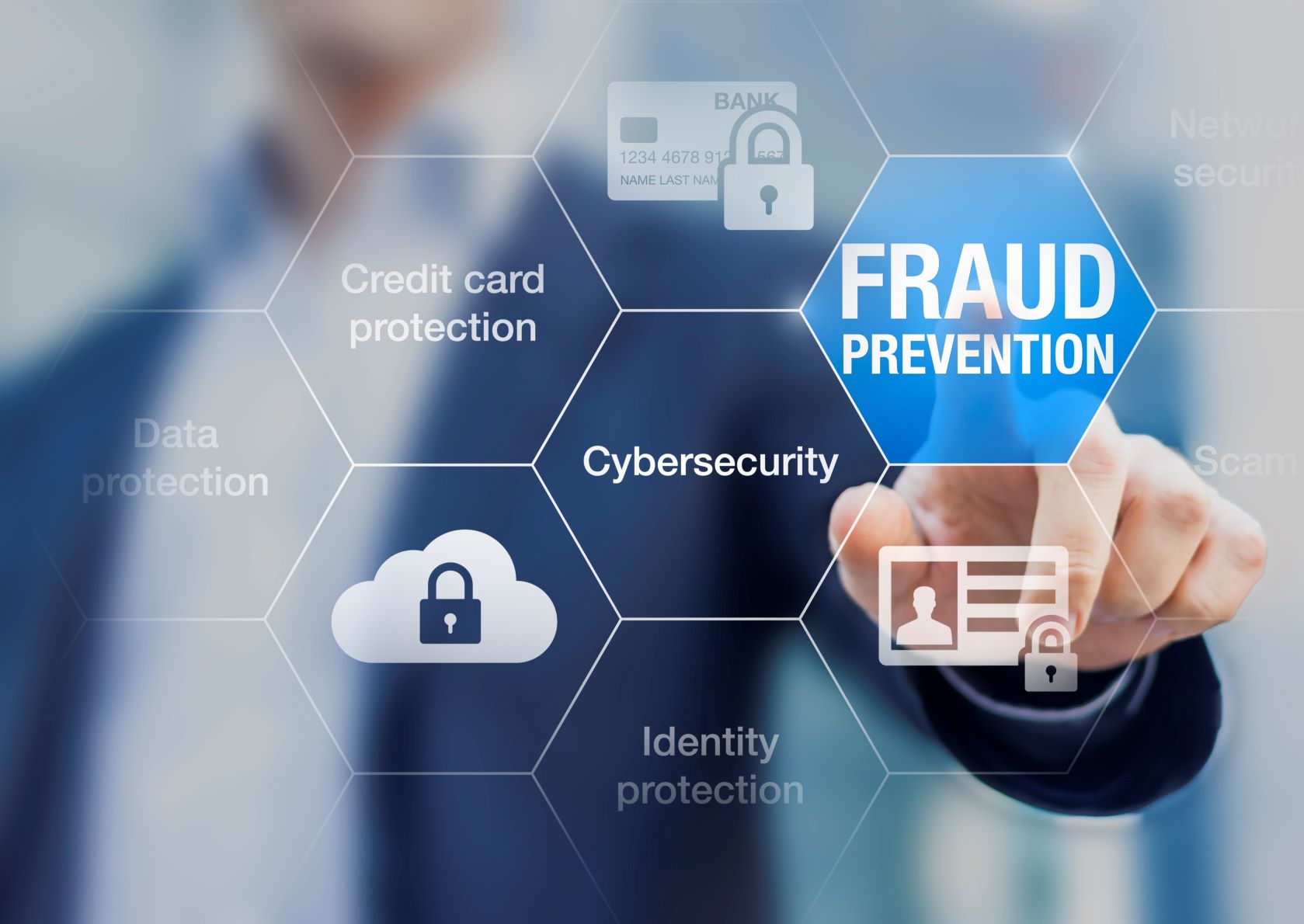- Home
- Monitoring
- Real Time Credit Score Monitoring
Do You Need Real Time Credit Score Monitoring?

Yes you may need real time credit score monitoring, Here's why, Don't be surprised by a low FICO credit score when you apply for credit. Suppose you are ready to achieve the American dream – buying your first home. Congrats! Buying a house is probably a dream come true and one of the biggest purchases you will make in your life time.
Besides, when done correctly, being a homeowner is an excellent way to help you build wealth over time, often better and faster than any other method.
Although you might not have found the ideal house yet, in your mind, everything is in order!
You’ve got an excellent or good credit score, you’ve found a neighborhood with the best schools, and you’ve figured out a plan for your mortgage. All that’s left now is for you to make a move, and voila! You own a home.
Real Time Credit Score Monitoring And Your Mortgage
Well not to burst your bubble, but let’s take a few steps back. Homeownership may or may not be within your reach. Buying your dream home will likely depend on your credit score.
And just when you’re about to apply for a mortgage, you find out someone else stole your identity, applied for credit accounts in your name, and wreaked unimaginable havoc on your credit score!
The next thing you know, you don’t qualify for a mortgage, and your dream of homeownership is placed on hold – indefinitely.
The Relationship Between Credit Scores And Buying A House
If you think that you can buy your dream home with a less than a “good” FICO credit score, think again. One essential part of preparing for homeownership is understanding the relationship between credit scores and buying a house.
Don’t forget that buying a house is one of the most expensive purchases you’ll ever make, and the chances are you’ll need a mortgage to help you get your dream home.
Lenders use your credit data, specifically your FICO credit score, to determine if you qualify for a mortgage, how much they can lend you, and interest rates for your home loan.
So, before you run off to look for your dream home, ask yourself: “how high is my FICO score?”
Typically, the credit score required for you to qualify for a home loan varies depending on several factors such as loan type, lender, and location – some credit monitoring services can help you estimate the minimum credit score you need to get a mortgage.
What Credit Score Do I Need To Buy A House?
Typically, most lenders will consider a FICO score of 750+ to be an excellent one, and you’ll usually qualify for a more conventional mortgage with a low down payment and interest rates.
When you’re buying a house, the first thing you want is to figure out where your credit score currently stands. That way, you can make informed decisions regarding your mortgage.
To do this, you’ll need to evaluate your credit reports. While you can check your credit reports for free from the three credit bureaus, they only provide you with one copy of your credit report annually.
With real time credit monitoring, all your credit reports are at your fingertips, allowing seamless, no-fuss management of your credit.
Identity Theft Negatively Affects Your Credit Score
If a criminal steals your identity, they can hamper your ability to get credit and even home loans – not to mention other hardships. The actions of an identity thief can affect your credit score in many ways.
The consequences can be temporarily distressing, but you can avoid all that by signing up for real time credit score monitoring.
If an identity thief takes out a loan or credit cards using your info, then disappears into thin air without paying, these unpaid debts and late payments will hurt your credit score.
In fact, a single late payment could cause your FICO score to drop by as many as 100+ points.
Even when you have a stellar FICO score, losing 100 points could prevent you from getting a mortgage with favorable terms.
Building excellent credit doesn’t happen overnight; it takes time; that’s also the case for repairing your credit score after your identity has been compromised. While you’re sorting things out, it can be tough to get approved for a mortgage.
Failure to act on your part will result in monumental consequences, including having a record of bad debts in your credit report for up to six years.
Protect Yourself Against Identity Theft With Real Time Credit Score Monitoring Services.
Don’t let identity theft get in the way of buying your dream home, sign up for real time credit score monitoring services.
Credit monitoring brings simplicity to your house buying journey and prevents unpleasant surprises when applying for a mortgage.
Credit monitoring is a service that constantly monitors your credit data and alerts you of any significant changes or fraudulent activity using your choice of email, text, or app notification.
With real time credit score monitoring, you’ll:
- Have access to your credit reports from the three credit bureaus
- Find out what affects your credit score and how to better it
- Protect your credit with identity theft protection
- Detect inaccuracies and fraudulent activities early
- Improve your overall financial health
- Have peace of mind
Real time credit score monitoring services will do all the heavy lifting for you, saving you time to spend figuring out how to get your dream home.
Why Is Real Time Credit Score Monitoring Important When Buying A House?

Checking your credit score before applying for a home loan is a crucial first step and one you should not skip. And what better way to stay ahead of your credit info than through credit monitoring services?
The main benefits of monitoring your credit before buying your dream home include:
- You’ll understand your credit
- You’ll know how much house you can buy
- You’ll get a clear picture of the kind of financing you qualify for
- You’ll be able to identify and rectify incidents of errors and identity theft
A home is no easy purchase – and the credit score requirements aren’t a cakewalk, either. If your credit score isn’t impeccable, there is a lot that needs to be done before you can qualify to purchase a home.
But don’t fret, with real time credit score monitoring, you’ll have control over your credit score. That way, you can thwart identity theft, and whenever you’re ready to buy your dream home, you can proceed with confidence.
Most companies perform extensive identity and credit checks on their clients to know they have the best possible chance of getting the money back when they loan it out. That makes sense; it's good business!
Building an excellent credit rating takes time and consistency, and there are a lot of pitfalls along the way. The credit scoring that the leading credit agencies use is quite confusing, and there are a lot of ways that people's scores can be adversely affected by small mistakes,
For example:
- You lived with a roommate for a while, they had a poor credit rating, and you became associated with them because both your names were on specific bills
- You dated someone, broke up with them, and are still linked to them financially
- You have a family member with the same name, and sometimes the credit bureaus record one person's accounts on the other person's file by mistake
There are other potential issues, too:
- Is it better to have one credit card maxed out or two at half their limit?
- Should you close that old bank account that you don't use very much, or keep it open?
- You've just found out about an old debt. Is it better to pay it off in full, make a settlement agreement, or leave it because it is many years old?
These are things that credit building and real time credit score monitoring services might be able to help you to improve.
Find A Real Time Credit Score Monitoring Service That Works For You!
There are dozens of credit monitoring and repair offerings, and finding the best credit monitoring service can be tricky today, especially when you're on a budget. This is one area where you do not want to skimp, so it pays to shop around.
When you are on a tight budget, a free credit monitoring option such as My Free Credit Report could be a convenient solution for you. This service offers monthly updates to your credit report and essential monitoring, so you will get real-time daily alerts if there are any changes to your credit score.
This means that if someone tries to take credit out in your name, you will be alerted and have the chance to take remedial action before too much damage is done.
Free services do not have as many features as the best credit monitoring services, but they are still valuable offerings for those who are just starting to build up their credit files.
For those with a little more room in their budgets, there are other offerings, such as Smart Credit and IdentityIQ, which have more features and can offer more detailed information.
Free vs. Premium Credit Reports
It's important to emphasize that the bare bones information on the free services will be the same as the information on the premium services when it comes to telling you what the three main credit bureaus have on their files. Given that, it can be tempting to think that the best real time credit score monitoring service is 'the free one' For some people, that might be true.
However, the premium services offer extra information (like identity protection that goes beyond just credit reports) or have additional usability features, such as text alerts or a mobile app you can use to check your score whenever you feel the need. Those features can make paying for a premium service worthwhile for many people.
How to Make the Most of Real Time Credit Score Monitoring!
Once you've signed up for a credit monitoring service, you may wonder what to do next and why you need it. You should first download a copy of your credit report and then look closely at it. If you spot any mistakes, rectify them by sending in a notice of correction.
If you have longstanding, well-managed accounts, keep them open and make payments. Try to avoid short-term loans because they can damage your credit rating. Try to ensure you are not maxing out all of your available credit. Pay more than the minimum payment on your credit cards each month. Even if you cannot clear the balance for some reason, paying a dollar or two above the minimum looks better than just paying the minimum.
Check your credit report regularly for mistakes, and if the real time credit score monitoring service you use will alert you to new 'inquiries or accounts' on your credit report. If anything goes wrong, early action will help you avoid too much damage to your credit file and your finances.
Free 5-Day - Start Repairing Credit Challenge - Do It Yourself - Including A Live Expert Question & Answer Session.

Related Articles:
- Is Credit Monitoring Worth It? Don't Be Surprised By Your Credit Score!
- Better Credit Booster News and Tips
- Credit Repair Shouldn't Cost a Fortune!
- Frequently Asked Credit Repair Questions and Answers - FAQ
- 101 Credit Tips to Boost Credit Score Points, Today!






